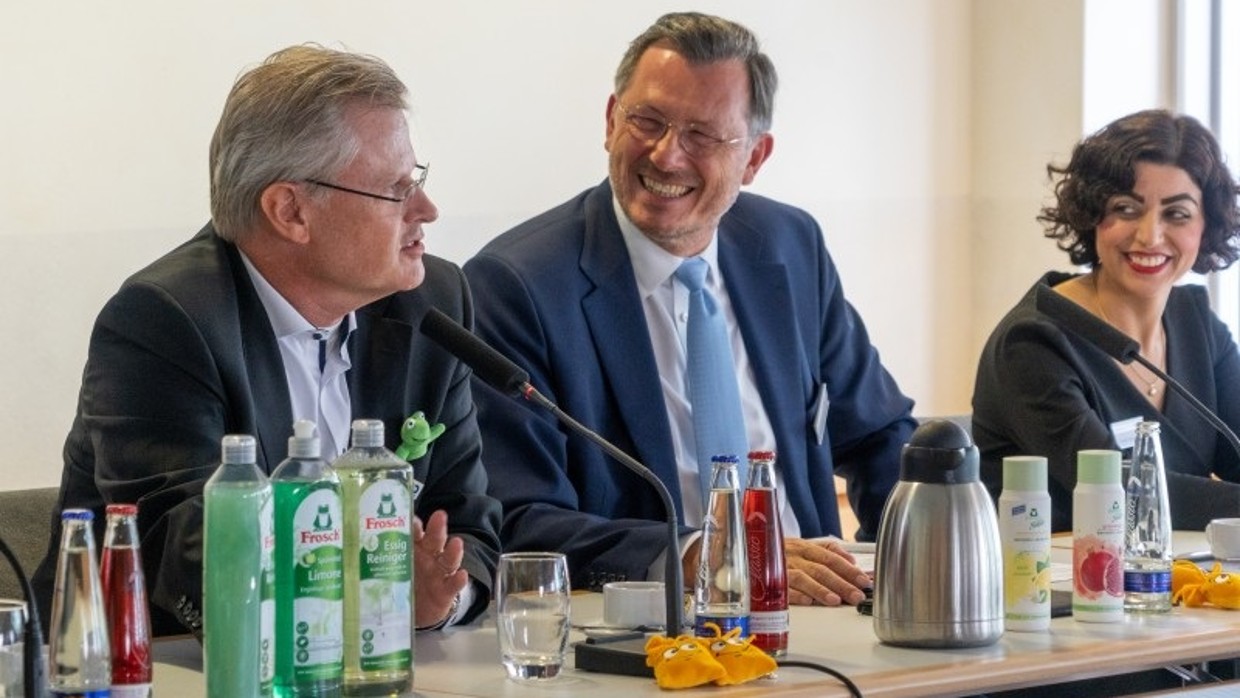News
News
Using Household Waste Collection For More Recycling
Remondis and Werner & Mertz Cooperate on Plastics Recycling
The German companies Werner & Mertz and Remondis have got together to address the issue of plastics recycling. As part of the Recyclate Initiative, they aim to use examples of practical applications to show how closed circular economies for plastics can be created. According to the companies, the joint goal is to establish sustainable circular economies for materials using the plastic waste collected from German households. They plan to reintroduce these plastics into the production chain for new packaging by further developing the necessary mechanical processing.
Yes to Plastic Tax as an Earmarked Tax
Together, the manufacturer of cleaning and care products and the waste management company are calling on politicians to create incentives for sustainable production. Werner & Mertz point out that their recycling initiative, the "Recyclat-Initiative", has proved it is possible to manufacture high-quality plastics from household waste collection. To compensate for cheaper prices for new plastics as well as encourage the use of high-quality recycled plastics, the company is in favour of the European plastics tax on newly-produced materials, which was introduced in 2021. Remondis adds, however, that this must become an earmarked tax to enable targeted support for sustainable production instead of using the tax revenue for other purposes.
Improved Plastics Recycling as a Way Out of the Plastics Crisis
Whereas glass, metal and paper are already being recycled with very little material loss, plastics have so far been classified as difficult to recycle, the companies explain. Especially in countries with neither functioning collection systems nor adequate sorting and processing facilities, plastic waste is increasingly polluting land and water.
The cooperating partners state that they are working together to further optimise plastic recycling in Germany and Europe in order to establish this as a key solution to overcoming the worldwide plastics crisis.
Source: Werner & Mertz

